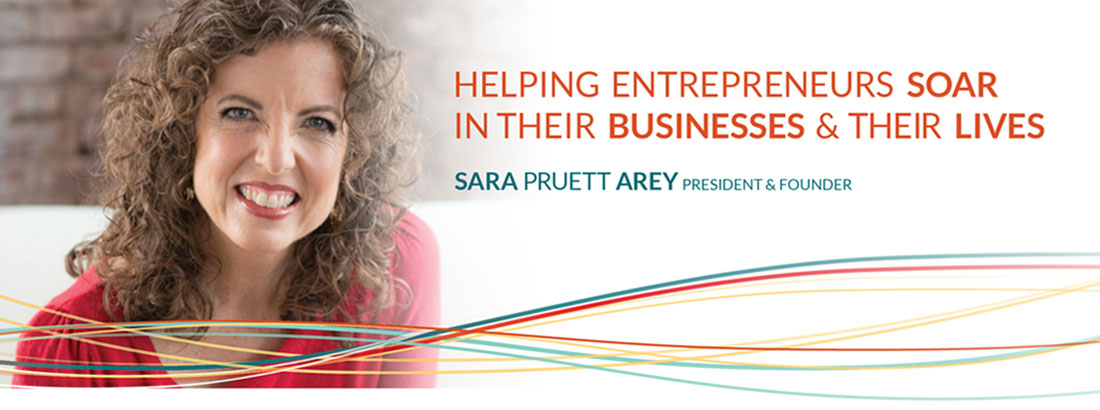So many people I’ve worked with have said things like, “I was going to do this but something inside told me to stop.” More often than not, the feeling they’re really talking about is the feeling of fear.
Fear is a Learned Reaction
 Parents often use fear as a tool to teach their children what’s safe and what’s not. They teach them to fear the hot stove or the cars on the street. So we grow up with the message that fear means “stop.”
Parents often use fear as a tool to teach their children what’s safe and what’s not. They teach them to fear the hot stove or the cars on the street. So we grow up with the message that fear means “stop.”
As we get older, we continue to believe that message and actually start attributing our fears to our intuition. But intuition doesn’t talk through fear.
Some of us have to learn to speak the language of intuition. When you sense that you’re feeling fear, it’s time to get quiet and really tune in. Ask yourself: is that feeling in my stomach my intuition putting on the breaks or is it fear holding me back from doing something I’ve never done before?
Doing Something Unfamiliar is Scary
We often confuse what is familiar and known with what’s safe and good. We think the devil you know is better than the devil you don’t. But that assumes you’re dealing with a devil either way!
Growth involves change and change is always going to involve doing something you’ve never done before. When you define what is familiar as “good,” that automatically means that change is bad. And of course it’s not! We have to change. Nothing on this earth is unchanging.
Heraclitus, a Greek philosopher who lived between the 6th and 5th centuries BCE, said that change is the only constant in life. This is not a new idea.
It’s OK to be scared. You can be scared and grow. You can be scared and accept a teaching engagement or go to a networking event.
The key is to accept the fear and move forward anyway. Not despite the fear or while fighting against it, just simply in addition to it.
How Can You Tell the Difference Between Fear and Intuition?
The first step in learning to distinguish between fear and intuition is to practice sitting with your feelings and observing what comes up. When you’re sitting with fear, you might realize you’re having a lot of “what if” thoughts.
“What if I try it and I don’t like it? What if I lose friends? What if I start making more money and that makes the people in my life uncomfortable? What if I get on stage and forget everything I’m going to say and I look stupid?”
Intuition is much more subtle. The question of “what if” will never come up when your intuition is talking. It’s just the feeling that whatever you’re considering isn’t right for you. Most of the time, you can’t put an explanation to it.
Tools for Better Connecting to Your Intuition
Everyone’s intuitive. The question is: are you listening to and have you developed a relationship with your intuition? This relationship is best developed by increasing self-awareness.
We develop self-awareness by taking the time to pay attention to what we’re feeling. A lot of entrepreneurs have the bad habit of experiencing good things without pausing to really feel the excitement, pride or sense of accomplishment that comes with them.
When we work on simply being in each experience, good or bad, before quickly moving on to the next, we’re developing self-awareness.
Do you remember a specific time when you confused your fear and intuition? How did you figure out the difference? Leave a comment below.

Comments 1
Dear Sara, this comes so timely as I need to decide wether to leave Europe for the U.S. or not. It woudl be a meeting with my coach. Flight is booked, hotel romm still on the to do list. I can not tell exactly why I do not wnat to fly over. I guess it is because I suffer alot from jet lag An dthe last 2 events just didn’t feel great for my body and my emotions. So I feel it is a mix of both: Intuition because I just do not wnat to go and fear due of my huge reactions in my body. If you have any other tipps in how to decide, I am very happy. Love, Andrea